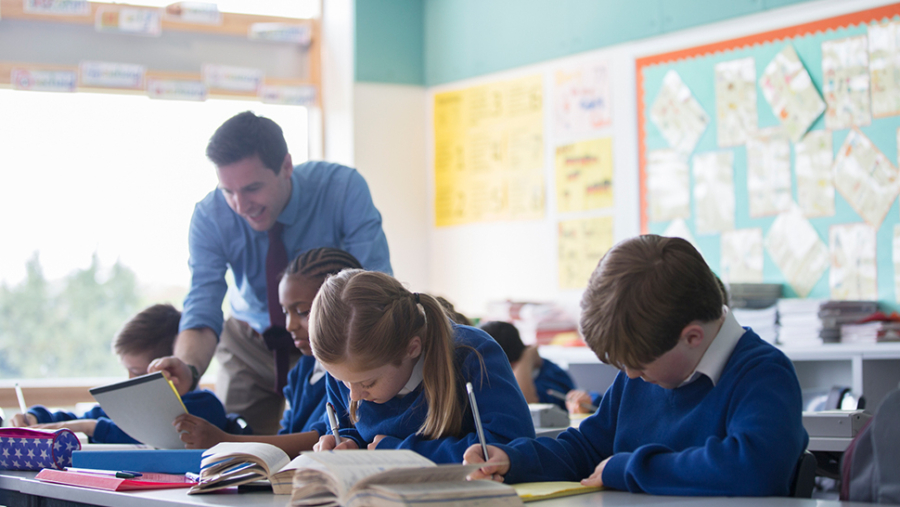

Increasingly, parents rely on both before-school and after-school clubs to provide childcare during working hours. However, a report by BBC News has uncovered serious concerns in relation to the safeguarding practices and procedures enforced during these clubs.
The Department for Education has provided non-statutory guidance ‘Keeping children safe during community activities, after-schools clubs and tuition’ (the “Guidance”) to help providers of clubs create a safe environment for children in their care. The Guidance sets out clearly that safeguarding and promoting the welfare of children is everyone’s responsibility.
When is Ofsted registration required?
Where childcare is provided to children aged under eight, it is most likely that the provider will be Ofsted registered. However, there are a number of circumstances which negate the need for Ofsted registration, and therefore potentially have increased risk in terms of child protection and safeguarding.
Exempt from registration
The exemptions to Ofsted registration, which mean that the provider cannot register with Ofsted, even voluntarily, are:
- the children are looked after for less than two hours in a day (although providers of before or after-school care for less than two hours a day can voluntarily register with Ofsted)
- the provider is related to all the children
- the provider runs a school providing education or care for children aged two and over, at least one of whom is a pupil at the school
- the provider runs a children’s home, care home, hospital, residential family centre, secure training centre or young offender institution
- the provision is solely online
- the provider is disqualified (unless Ofsted agrees to waive their disqualification)
Voluntary registration
As well as providers of before and after-school clubs, the following providers can voluntarily register with Ofsted:
- childminders who look after children ‘on domestic premises’
- providers of tutoring or coaching to children aged three and over in either one or two of the following activities (so long as children under five are not looked after for more than four hours in any one day):
- school study support or homework support
- sports
- performing arts
- arts and crafts
- religious, cultural or language studies
- providers of creche or day care services
What are our obligations when running a breakfast or after-school club?
If your academy runs a separate breakfast and/or after-school club for pupils, then so long as the children are looked after for less than two hours in a day, the club will not need to register with Ofsted. However, this does not mean that the club is not subject to the strict child protection and safeguarding requirements set out by the Department for Education. Providers of club and their staff and volunteers have a duty of care toward the children who attend. This means that, by law, reasonable steps must be taken to ensure the safety of the children and to protect them from harm.
What if a third party uses the academy’s premises?
It is not uncommon for academies to hire or rent out their facilities and/or premises for use by third party organisations, most commonly outside of school hours. For example, a school hall may be used by a third party as a space to teach an exercise class. This can be a reasonably easy way for academies to boost their income by simply making use of the facilities already at their disposal. However, if you do choose to hire out your premises, it is essential to ensure that appropriate arrangements are in place to keep children safe, even where a third party is using your premises.
If the academy itself is providing the services or activities under the supervision or management of school staff, your usual child protection arrangements, policies and procedures will apply. However, where services or activities are provided by a third party, you must assure yourself that the third party has appropriate safeguarding and child protection policies and procedures in place, and that there are suitable arrangements for effective liaison between the academy and the third party on these matters where appropriate. This applies regardless of whether children attending the services or activities are students of the academy.
You should also include safeguarding requirements in any transfer of control agreement as a condition of use and occupation of the premises, with failure to comply leading to termination of the agreement.
Practical steps
We recommend that following the Guidance as closely as possible is best practice and leaves your academy at a lower risk of scrutiny by Ofsted. If you do hire out your premises to third parties, ensure that you are satisfied that full and appropriate child protection and safeguarding measures have been put in place and are understood by all parties. You should take positive steps to ensure that appropriate procedures are in place in order to ensure full compliance with the Department for Education’s strict safeguarding rules, set out in Keeping Children Safe in Education 2022.










